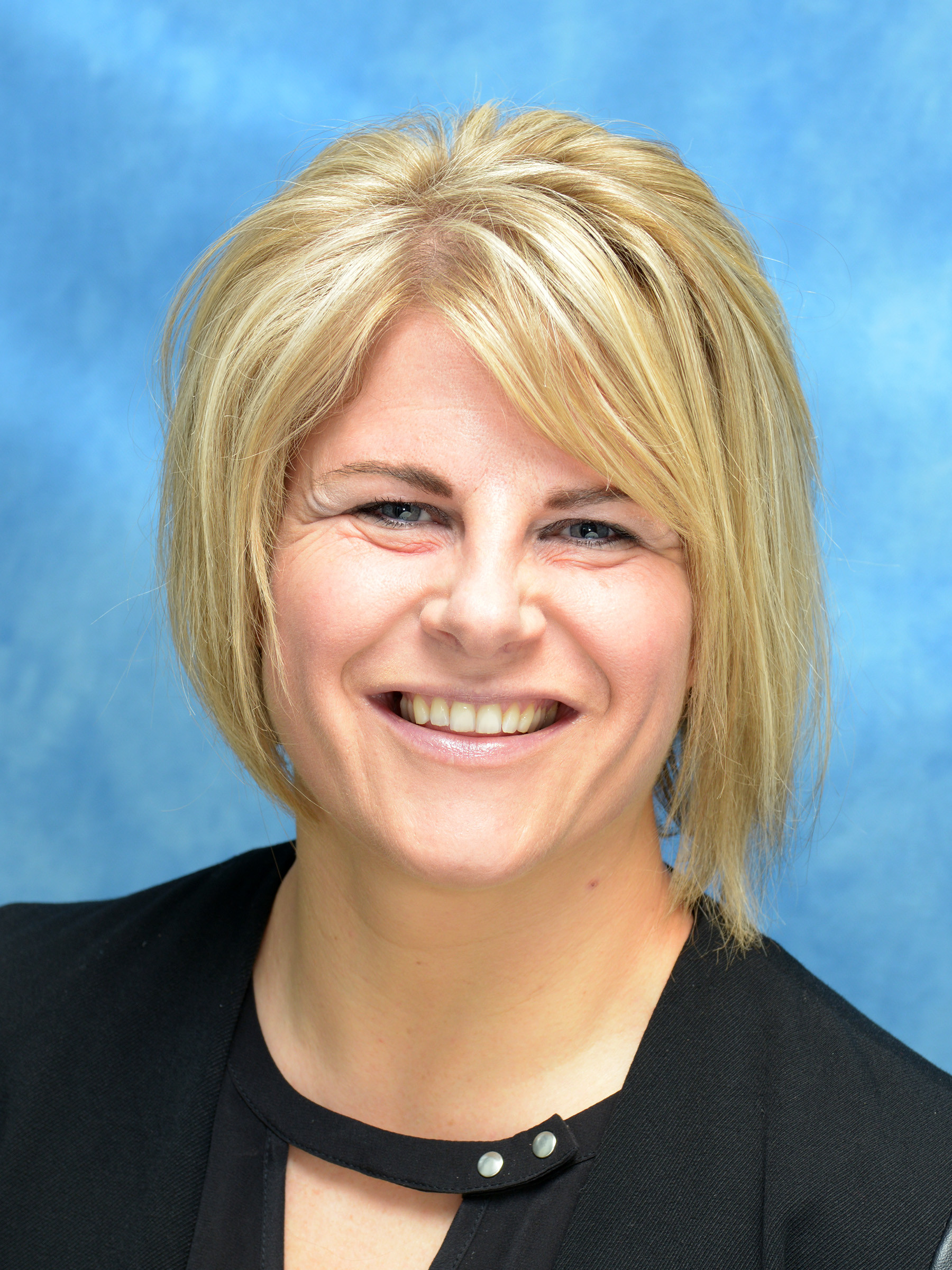Package summary
Start Date
End Date
Courses
- An Introduction to Gestalt Language Processing
- Relationships and Sexuality Education for those with Severe Learning Difficulties
- Autism and Managing Worries
- Autism and Personal Care
- Sensory Activity Schedules
- Autism and Emotional Regulation
- Building and Maintaining Effective Relationships Between Home, Schools and Further Education Placements.
Middletown Centre for Autism
Wednesday Webinar Joint Training Programme
Middletown Centre would like to offer advice in an accessible manner for key areas highlighted to us as relevant for and pertinent to autistic students, their families and schools.
Programme Content:
- An Introduction to Gestalt Language Processing
- Relationships and Sexuality Education for those with Severe Learning Difficulties
- Autism and Managing Worries
- Autism and Personal Care
- Sensory Activity Schedules
- Autism and Emotional Regulation
- Building and Maintaining Effective Relationships Between Home, Schools and Further Education Placements.
Book in to all 7 Webinar Sessions
Please check the Centre’s website for more courses - www.middletownautism.com
Notes
Courses in package
An Introduction to Gestalt Language Processing
Event summary
Date
Start Time
End Time
Webinar Online,
Booking closes
An Introduction to Gestalt Language Processing
Gestalt language processing is a distinct method of language development, contrasting with the more common analytical approach. While analytical processing involves breaking down language into words and constructing sentences, gestalt processing involves understanding language in larger segments or strings of sounds.
Children who use gestalt language development process language in whole “chunks” or “strings of sounds” instead of processing single words in the early stages of language development. This chunking phenomenon, known as echolalia, is a crucial aspect of language development for gestalt language processors.
Almost all autistic children are gestalt language processors.
In this webinar, we will explore.
- A comparison between analytical and gestalt language development
- Language development in autism, including non-speaking children.
- Supportive practice for gestalt language processors
- Considerations for implementing Augmentative and Alternative Communication (AAC) techniques.
Notes
Location
Webinar Online
Get Directions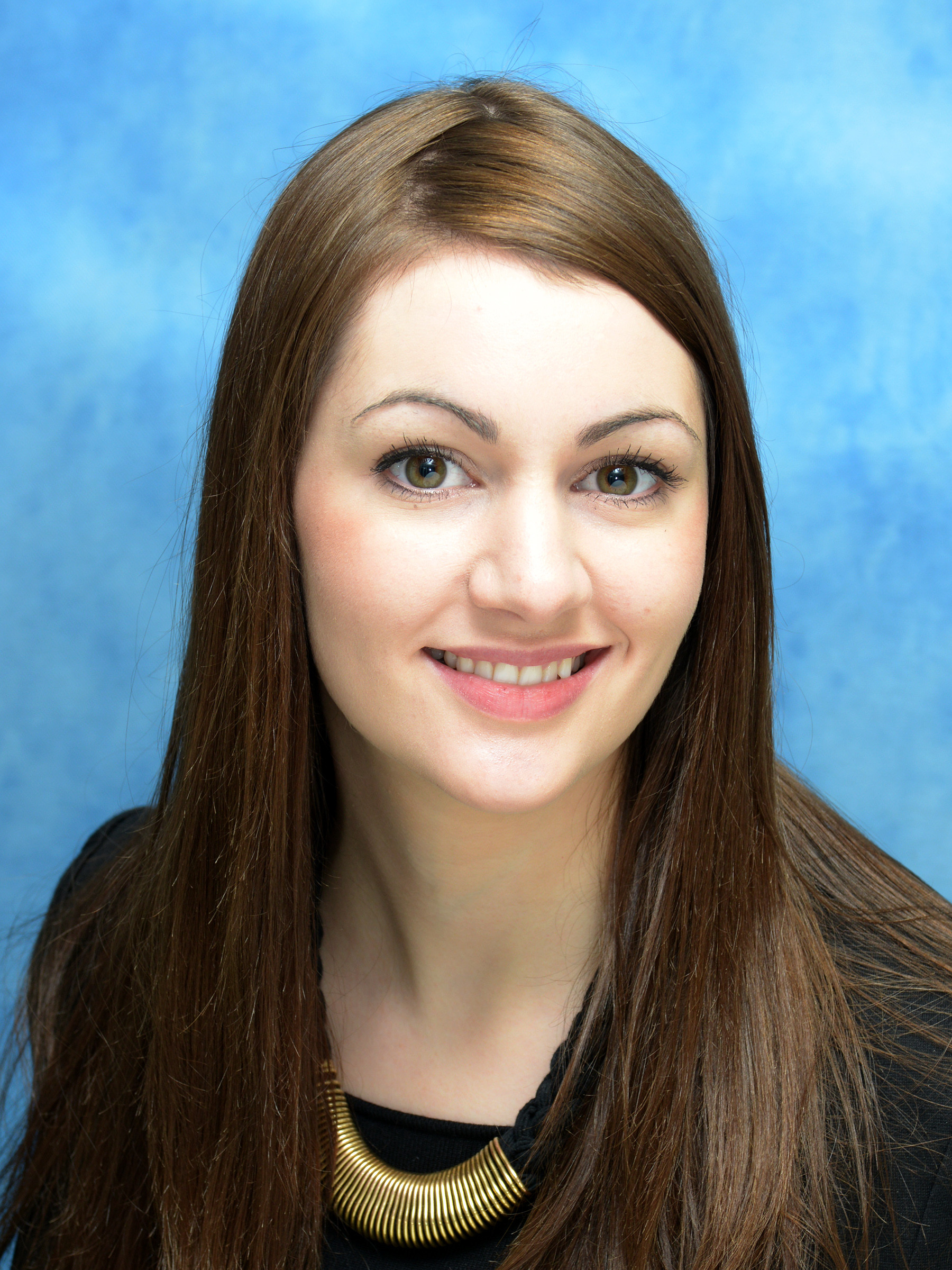
Carolyn Frazer
Relationships and Sexuality Education for those with Severe Learning Difficulties
Event summary
Date
Start Time
End Time
Webinar Online,
Booking closes
Autism and the Special School: Relationships and Sexuality Education
This session will examine the impact of puberty on autistic young people with co-existing learning difficulties.
Participants will be shown how to incorporate a range of practices alongside visual supports to help autistic children and young people better understand some of the typical issues experienced during these years.
The session will focus on content that is part of Relationships and Sexuality Education.
Notes
Location
Webinar Online
Get Directions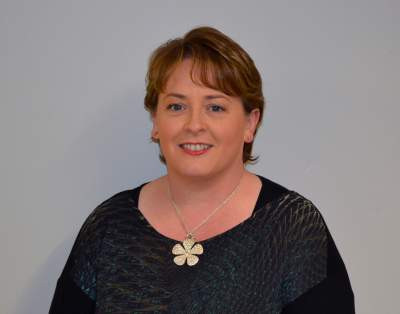
Majella Nugent
Majella’s training specialism is Relationship and Sexuality Education, Transitions and Special Education Needs. Majella has contributed to the development of the curriculum as a Professional Associate with CCEA for learners with MLD and co-ordinated specialist trainings including Transition to Higher Education (Ulster University and Trinity College Dublin), 16+ Education and Employment, and Sibling trainings. Majella is an Associate Lecturer on the Post Graduate Certificate with Mary Immaculate College Limerick.
Autism and Managing Worries
Event summary
Date
Start Time
End Time
Webinar Online,
Booking closes
Autism and Managing Worries
Autistic children and young people are more likely to experience higher levels of anxiety than their non-autistic peers, this anxiety can also be experienced more intensely and more often than other children. Managing anxiety includes identifying anxiety triggers and recognising anxious feelings. Developing supports to support individuals in managing anxiety is crucial, including the use of relaxation techniques, structured environments, and visual aids. Implementing supportive practices, such as incorporating techniques like "worry time" and "worry jars," can be effective in helping children and young people manage their worries.
This training will cover.
Understanding common worries experienced by autistic children.
Providing approaches to assist children in communicating and expressing their worries.
Increasing knowledge of techniques like "worry time" and the use of "worry jars”.
Supporting children in releasing their worries.
Notes
Location
Webinar Online
Get Directions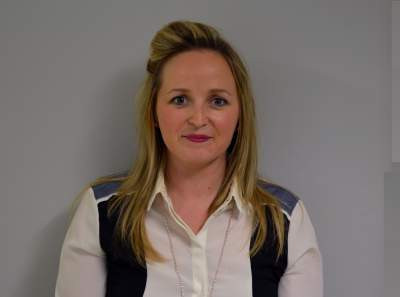
Edel Quinn
Edel's main specialisms are in early intervention and delivering training in the implementation of visual strategies and behaviour. Edel is a Certified TEACCH Trainer with Division TEACCH, North Carolina. Edel has developed and delivered anxiety trainings and anxiety research projects to parents and professionals across Ireland. She has delivered at Autism and Mental Health Conference, NAS and the Autism Congress. Edel is an associate lecturer on the Post Graduate Autism Certificate with Mary Immaculate College, Limerick. Edel is working towards accreditation with BACP as a Cognitive Behaviour Therapist.
Autism and Personal Care
Event summary
Date
Start Time
End Time
Webinar Online,
Booking closes
Autism and Personal Care
Many autistic children and young people may experience apprehension towards participating in personal care activities due to anxiety. This anxiety could stem from factors such as heightened sensory sensitivity, uncertainty about the expectations, and challenges in organising and prioritising the tasks.
This training presentation will examine a range of personal care tasks, including.
- Hair Washing,
- Showering
- Teeth Brushing.
We will discuss the potential triggers of anxiety related to these tasks and explore accommodations and supports to assist the child or young person in successfully completing these self-care tasks.
Notes
Location
Webinar Online
Get Directions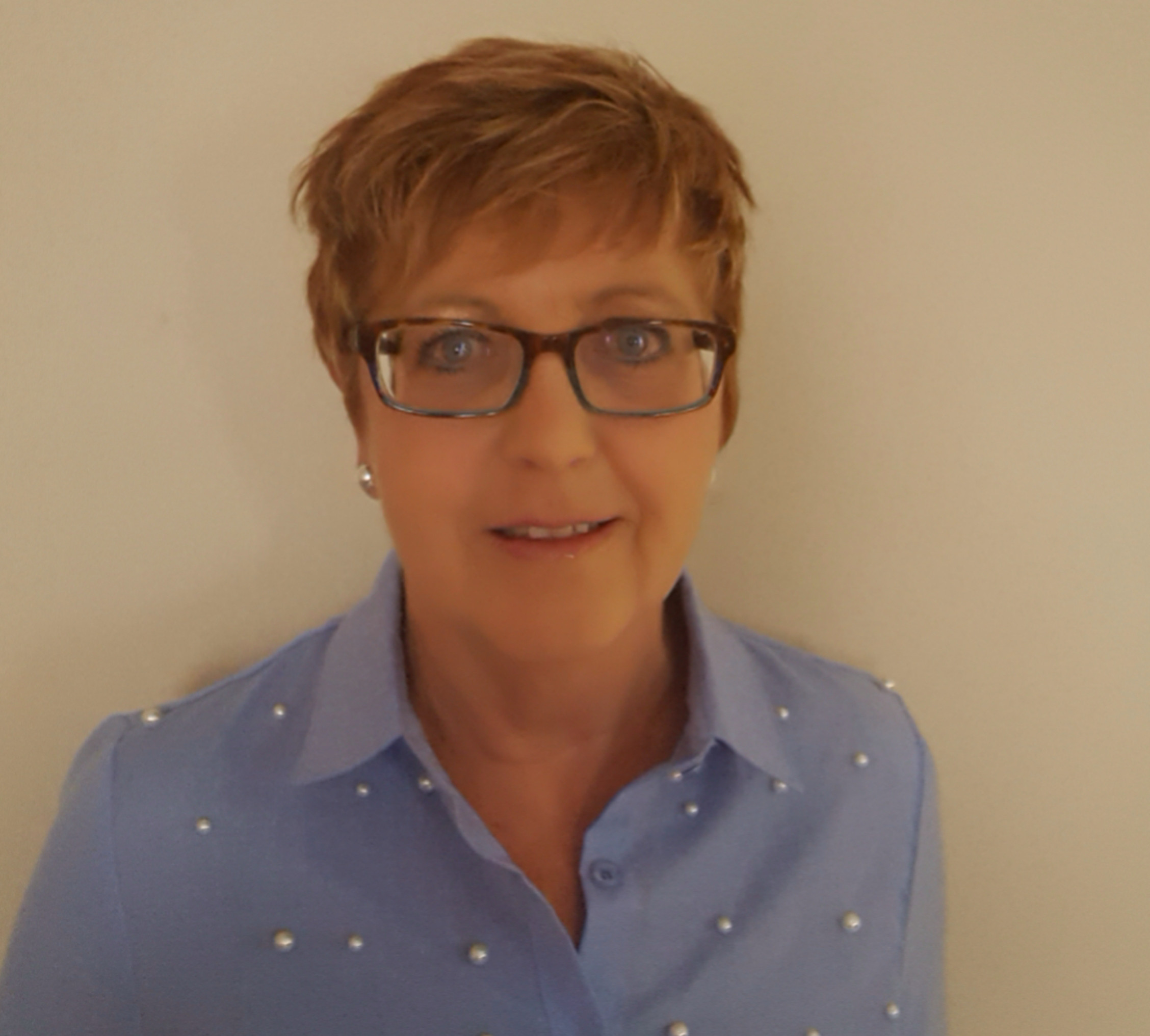
Dee Hogan
Sensory Activity Schedules
Event summary
Date
Start Time
End Time
Webinar Online,
Booking closes
Sensory Activity Schedules
Many autistic children and young people may experience differences in how they perceive and process sensory input, which can impact their regulation, attention, engagement, and emotional well-being. Sensory activity schedules are designed to provide breaks that support, the child or young person in regulating their sensory needs, allowing them to be in the best state for learning, social interaction, and participation in daily activities.
This training presentation explores the
What? When? Where? of sensory activity schedules, offering suggestions and guidance on the types of activities to be included, the frequency and duration of sensory breaks and where they can be carried out.
Suggestions for resources and activities that can help either calm or alert children and young people, based on their unique sensory needs will also be discussed. The presentation will address how sensory activity schedules can be implemented in both home and school settings.
Notes
Location
Webinar Online
Get Directions
Carolyn Frazer
Autism and Emotional Regulation
Event summary
Date
Start Time
End Time
Webinar Online,
Booking closes
Autism and Emotional Regulation
This session will address important considerations when supporting emotional regulation for young people in the Post Primary environment. The focus will be on the concept of interoception, which plays a crucial role in helping autistic students recognise and regulate their body signals.
Participants will:
- Understand. how to modify the environment to promote emotional regulation
- Develop an understanding of means to tailor supports to the individual student.
- Consider the implementation of a neurodiversity affirming approach to support development of self and co-regulation skills.
Notes
Location
Webinar Online
Get Directions
Edel Quinn
Edel's main specialisms are in early intervention and delivering training in the implementation of visual strategies and behaviour. Edel is a Certified TEACCH Trainer with Division TEACCH, North Carolina. Edel has developed and delivered anxiety trainings and anxiety research projects to parents and professionals across Ireland. She has delivered at Autism and Mental Health Conference, NAS and the Autism Congress. Edel is an associate lecturer on the Post Graduate Autism Certificate with Mary Immaculate College, Limerick. Edel is working towards accreditation with BACP as a Cognitive Behaviour Therapist.
Building and Maintaining Effective Relationships Between Home, Schools and Further Education Placements.
Event summary
Date
Start Time
End Time
Webinar Online,
Booking closes
Building and Maintaining Effective Relationships Between Home, Schools and Further Education Placements.
This training programme will provide participants with information on how to effectively foster and maintain effective relationships for the benefit of the autistic child or young person.
Real life examples will be used to demonstrate how both the knowledge and experience of the professional and parent can be used to develop positive relationships, ensuring progress for the child or young person.
Participants will have access to exemplar templates, case studies and bespoke resources to further develop knowledge and skills in this area.
By the end of this training, participants will:
- Be empowered to channel their knowledge and skills to develop effective relationships with parents.
- Develop their expertise by viewing a variety of examples which illustrate how specific areas of concern were addressed and outcomes celebrated.
- Make use of new supports and ideas to both foster and maintain these effective relationships
- Develop supports to address an identified priority area as part of their communication with parents, to benefit the autistic child or young person.
Notes
Location
Webinar Online
Get Directions